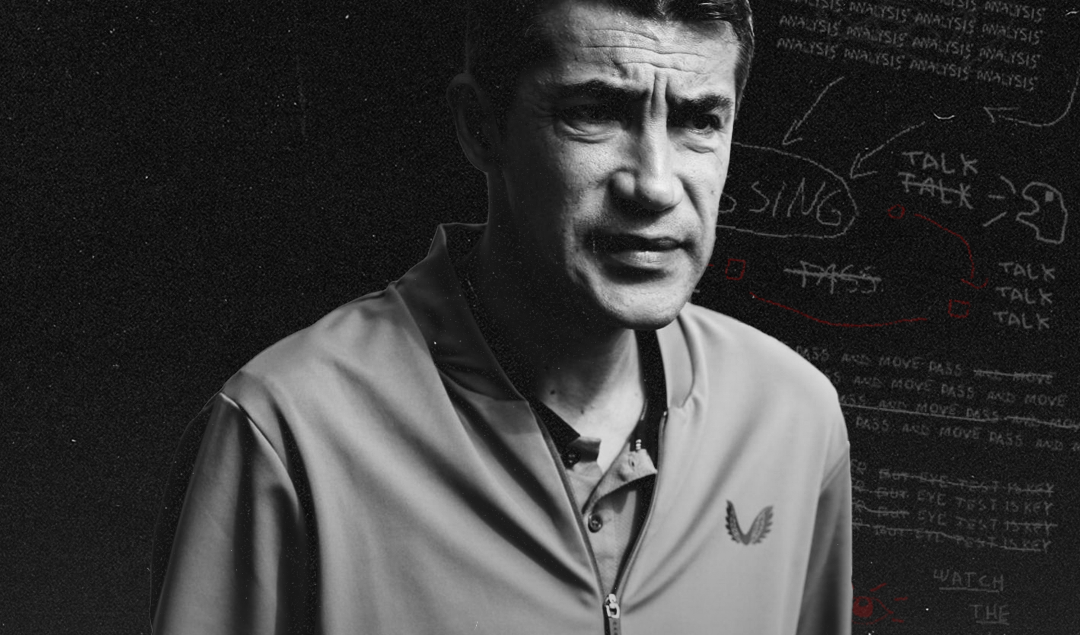Portuguese giants seek redemption at World Cup
The 2024–2025 season is now over for both SL Benfica and FC Porto, the two Portuguese representatives in the FIFA Club World Cup. The campaign was disappointing for the Eagles, who managed to win the League Cup and were runners-up in both the League and the Cup. For the Dragons, the season was even more negative: they won the Super Cup but were far from contesting any other major trophy. Now, both clubs have a chance at redemption—whatever that may mean for each one.
This was André Villas-Boas’s first year as president of FC Porto, the man who led the club to its last international title, the Europa League, in 2011. After defeating the late Pinto da Costa in the elections, Villas-Boas was expected to bring a modern approach to the club’s legacy of four decades of success.
However, the season was underwhelming for the northern side. They finished third in the league, well behind their Lisbon rivals, and were eliminated early from both the Taça de Portugal—by Moreirense—and the Europa League—by Claudio Ranieri’s AS Roma.
The club also experienced turbulence in its coaching staff. Vítor Bruno, the first coach appointed during Villas-Boas’s presidency, was replaced by the Argentine Martín Anselmi. Anselmi failed to turn results around, especially after the departures of Galeno and Nico González in January. On a brighter note, Rodrigo Mora emerged as the club’s next big talent—possibly for both FC Porto and the national team.
Despite Villas-Boas having confirmed that Anselmi will remain as head coach for the 2025–2026 season, the Argentine has yet to convince the fans he is the right man for the job. The Club World Cup may be the perfect opportunity for him to establish himself and win over the more sceptical supporters—or, alternatively, lose any remaining credit.
Drawn in Group A, FC Porto will be among the first teams to play in the tournament, debuting against Palmeiras on Sunday, 15 June, at MetLife Stadium, in New Jersey. The Brazilian side, coached by Abel Ferreira and featuring players like Estevão—set to join Chelsea after the tournament—Vitor Roque, and Richard Ríos—rumoured to be a Porto target—is arguably the toughest opponent in the group. A win would be a sensational start; a draw would be an acceptable result.
On 19 June, FC Porto will face Inter Miami in Atlanta. While Lionel Messi, Luis Suárez, Sergio Busquets, and Jordi Alba may be past their peak, Porto’s defence has not been consistent and keeping a clean sheet will be a challenge against the Herons.
The final group stage match will be against Egyptian side Al Ahly, perhaps the most unfamiliar name to FC Porto fans. Yet, with a record 12 CAF Champions League titles, their continental dominance is comparable to that of Real Madrid in Europe and should not be underestimated.
Despite being a somewhat balanced group and coming off a poor domestic season, FC Porto are still favourites to reach the next round. If the Dragons fail to qualify, Martín Anselmi will start the new season under immense pressure and with minimal credit among fans.
While Villas-Boas has just concluded his first year as president, Rui Costa may be entering his final months as SL Benfica’s leader. The club will hold elections in October, and the lack of major titles—among other issues—is undermining the former Portuguese international’s chances of re-election. It’s still unclear whether Rui Costa will run, as he stated he will only reveal his decision after the tournament.
Benfica have been placed in Group C and will begin their campaign against Boca Juniors, a historic club currently experiencing a similar scenario. Juan Román Riquelme—arguably Boca’s greatest idol—was elected president in 2023 and is now facing backlash due to poor results.
On Monday, 16 June, both clubs meet in Miami in what could prove to be the group’s decisive match. With Bayern Munich as the clear favourites to advance and Auckland City being the least competitive team, this head-to-head clash could well determine who progresses.
In their second match, Benfica will face Auckland City, the tournament’s only amateur team—an opponent they are widely expected to beat. Head coach Bruno Lage may use the match to rotate the squad and rest key players before the final and theoretically toughest group game.
That game will be against Bayern Munich, a familiar opponent for Benfica. Since 2016, the German side has faced the Eagles seven times, winning six and drawing once. After a bittersweet season—reclaiming the Bundesliga title but missing out on a Champions League final on home soil—Vincent Kompany’s Bayern will see the Club World Cup as a key opportunity for international silverware.
Given the group’s composition, it would be a disappointment if Benfica failed to reach the round of 16. Like Anselmi, Bruno Lage’s future may depend on the team’s performance in the competition. The difference is that, at FC Porto, only the coach’s position seems unstable, while at SL Benfica, even a successful campaign may not be enough to guarantee job security for either Rui Costa or Bruno Lage.
By: Gonçalo Ribeiro
Featured Image: @GabFoligno / Jack Thomas – WWFC / Wolves
